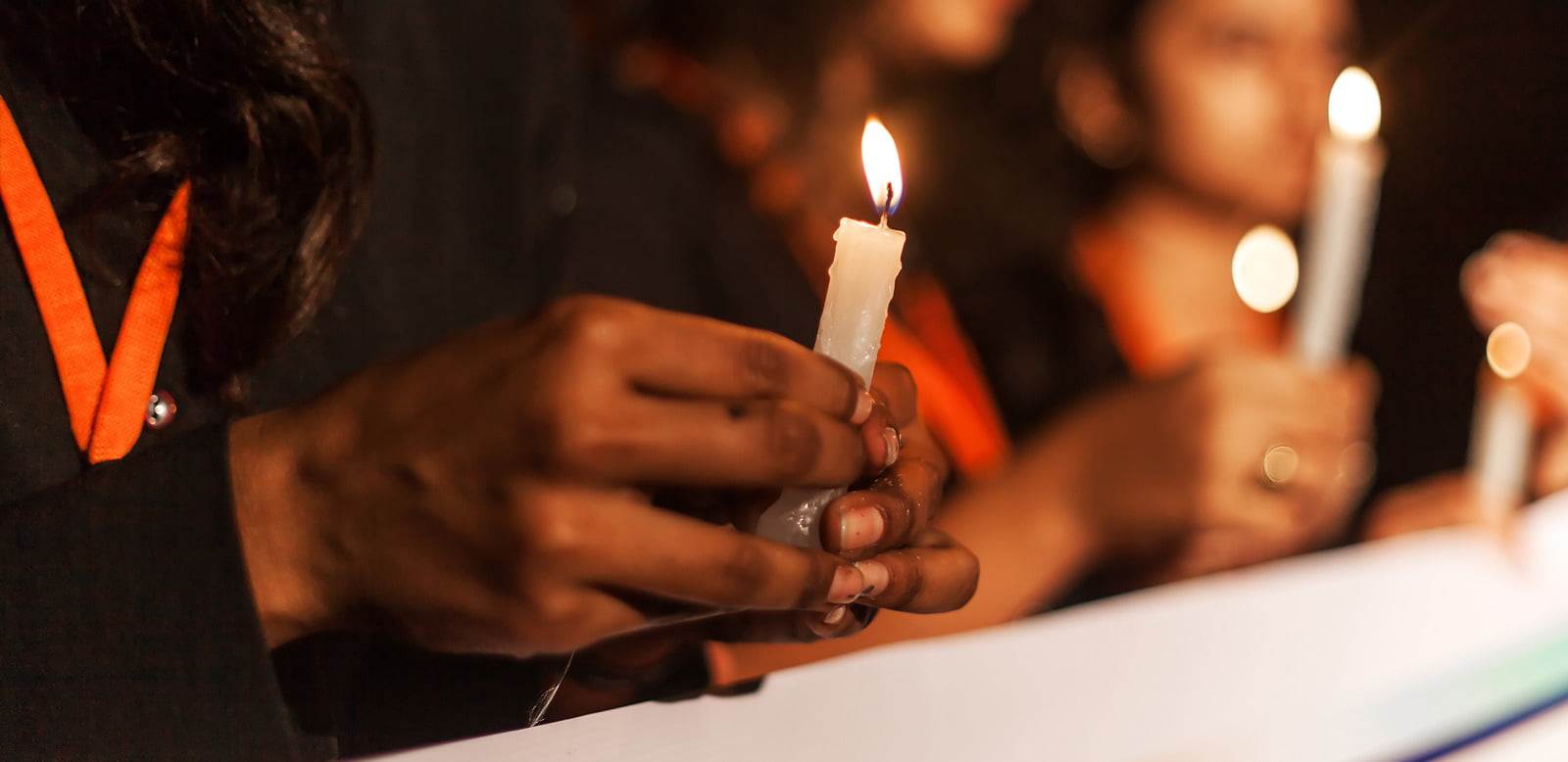Following the Indonesian House of Representatives renewal of the special autonomy law for Papua and West Papua, Amnesty International Indonesia and Amnesty International Australia call on the Indonesian government to ensure that the rights of the Papuan people, particularly that Indigenous communities are protected by the law.
“Despite the protections contained in the previous law, in practice, Indigenous rights in Papua have often been sidestepped in the past 20 years of special autonomy,” Amnesty International Indonesia Executive Director Usman Hamid said. “The government must ensure that the new law will truly protect Indigenous communities. This can only be done if the government involves the Papuan people in the implementation of special autonomy.”
The Papuan special autonomy law was first passed in 2001 in response to growing calls for Papuan self-determination following the fall of former president Soeharto’s New Order regime. The law was meant to give the Papuan people more room to govern themselves while still remaining part of Indonesia. One of the main focuses of the legislation was on the protection of Indigenous peoples. In this regard, the term “Indigenous communities” appeared 62 times in the text of the law.
But in practice, the protections in the special autonomy law, particularly those regarding natural resources, have often been ignored or overruled by conflicting laws. This can be seen by the continuing deforestation in the region. According to data from Forest Watch Indonesia, between 2000 and 2009, the deforestation rate in Papua was around 60,300 hectares per year. Between 2013 and 2017, the rate had more than tripled to 189,300 hectares per year.
The uneven implementation of the law has resulted in widespread dissatisfaction with special autonomy, leading to a number of protests in Papua and other regions in Indonesia over the past year.
These protests were often met by excessive force by Indonesian security personnel. In a demonstration that just took place on July 14, 2021 at Cendrawasih University, Jayapura, there were at least four students who were injured after clashes with security forces. Twenty-three other students were arrested and eventually released. On the morning of July 15, protesters demonstrating in front of the Indonesian House of Representatives building were dispersed by the authorities, and at least 40 protesters were arrested and taken to Jakarta Police headquarters.
Previously, in another demonstration in Cendrawasih University in September 2020, two protesters were allegedly injured by blows from police officers to the back of their heads and their torsos. In another demonstration in Kendari, Southeast Sulawesi, police used a low-flying helicopter to force protesters to disperse.
Even public discussions about special autonomy were met with repression. When the Papuan People’s Assembly (MRP), an official state institution established by the special autonomy law, sought to hold a public meeting about the implementation of special autonomy in Merauke in November 2020, two MRP members and their staffers were arrested on allegations of treason. They were eventually released without being charged.
“The Indonesian government must ensure that Indigenous Papuans are given meaningful involvement in the special autonomy law,” Amnesty International Australia National Director, Sam Klintworth, said.
Article 25 of the ICCPR states that every citizen has the right to participate in public affairs. ICCPR General Comment Number 25 of 1996, paragraph 5 further explains this provision by extending public participation to the realm of policymaking and implementation at international, national, and local levels.
The United Nations Declaration on the Rights of Indigenous Peoples also affirms Indigenous peoples’ right to self-government and calls on states to “consult and cooperate in good faith” with Indigenous peoples “in order to obtain their free, prior and informed consent before adopting and implementing legislative or administrative measures that may affect them.”
“This can only happen if the government upholds the right to freedom of expression and peaceful assembly for all Papuans and stops using treason articles to prosecute peaceful protesters.”
BACKGROUND
Every individual without exception has the right to freedom of expression and peaceful assembly. The ICCPR explicitly guarantees freedom of opinion and expression, as stated in Article 19, which is further described in General Comment No. 34 to Article 19 of the Covenant. This instrument is binding on all countries that have ratified it, including Indonesia. Referring to the Covenant, political expression is also part of the freedom of expression and opinion whose existence is guaranteed by international human rights instruments.
In the national context, the right to freedom of assembly and expression has also been guaranteed in the Indonesian Constitution, namely Article 28E clause (3) of the 1945 Constitution, as well as Article 24 clause (1) of Law No. 39/1999 on Human Rights.
Amnesty International does not take any position regarding the political status of any province in Indonesia. However, we uphold the principle of freedom of expression, including the right to voice political opinion or views peacefully, as long as they do not contain hatred, discrimination or violence.
